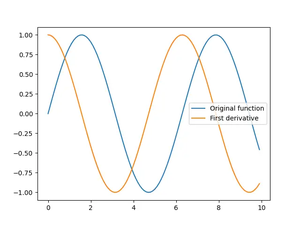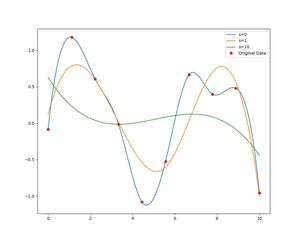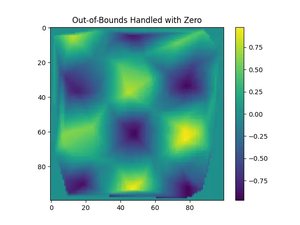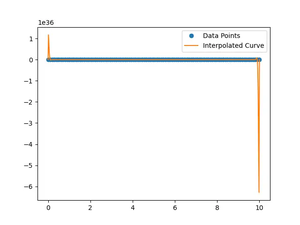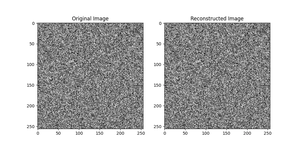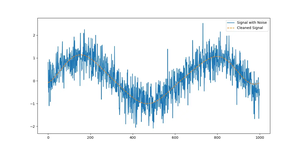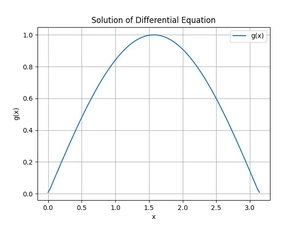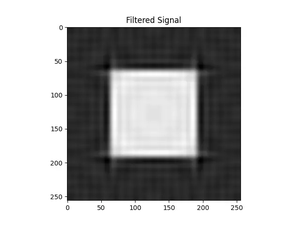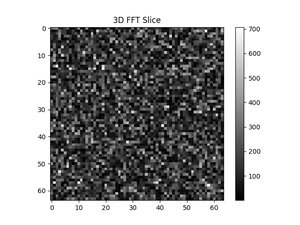The Problem
When working with NumPy arrays in Python, a common error that many encounter is the TypeError: 'numpy.float64' object does not support item assignment. This error primarily occurs because NumPy tries to enforce data type consistency across arrays for efficient computation and memory management. Let’s explore the reasons behind this error and provide practical solutions to fix it.
Cause of the Error
This error usually arises when you attempt to modify an item or a subset of a NumPy array that has a non-integer or non-sliceable data type such as numpy.float64. Essentially, it indicates an operation where item assignment is being attempted on an object that is meant to be immutable within the context of the operation.
Solution 1: Use Integer Indexing
One straightforward way to avoid this error is to ensure you’re using integer values or slices for indexing and assignment operations within an array.
- Identify the part of your code where the error occurs and inspect the indexes used for assignment.
- Make sure that all indices are integers or valid slice notations.
- Adjust the code to convert float or other data types to integers before indexing.
Code Example:
import numpy as np
n = np.array([1.0, 2.0, 3.0])
try:
n[1.5] = 4.0
except TypeError:
print("TypeError encountered")
n[int(1.5)] = 4.0
print(n)Output:
TypeError encountered
[1. 4. 3.]Notes: This method is straightforward and involves minimal code changes. However, it requires careful manual inspection and correction of the indices used in the array.
Solution 2: Ensure Correct Array Dimensionality
Another common reason for this error is attempting to assign an item to a single-value array, essentially treating a numpy.float64 object as if it were an array.
- Check if the object you’re trying to assign to is actually a scalar (single value) or a full array.
- For scalar objects, consider using a variable assignment instead of item assignment.
- For item assignments, ensure the target is an appropriately sized array.
Code Example:
import numpy as np
x = np.array(2.0) # Creates a numpy.float64 object
y = np.array([2.0]) # Creates a 1D numpy array
try:
x[0] = 3.0
except TypeError:
print("TypeError encountered")
y[0] = 3.0
print(y)Output:
TypeError encountered
[3.]Notes: It’s important to distinguish between scalar and array types in NumPy to prevent this error. This solution is particularly relevant for codes where single-value arrays are common.
Solution 3: Use Mutable Data Structures
If your application requires frequent item modifications, consider using a more flexible data structure, such as a list, where necessary.
- Identify portions of your code where high flexibility in item assignment is needed.
- Convert immutable NumPy data types (e.g.,
numpy.float64objects) to mutable Python lists. - Perform necessary item assignments or modifications.
- Convert the list back to a NumPy array if needed for numerical computations.
Code Example:
import numpy as np
arr = np.array([1.0, 2.0, 3.0])
lst = list(arr)
lst[1] = 4.0
arr = np.array(lst)
print(arr)Output:
[1. 4. 3.]Notes: While this solution offers maximum flexibility, it could entail a performance cost due to the overhead of converting between data types. It is best used selectively for parts of the code where mutable operations are essential.
